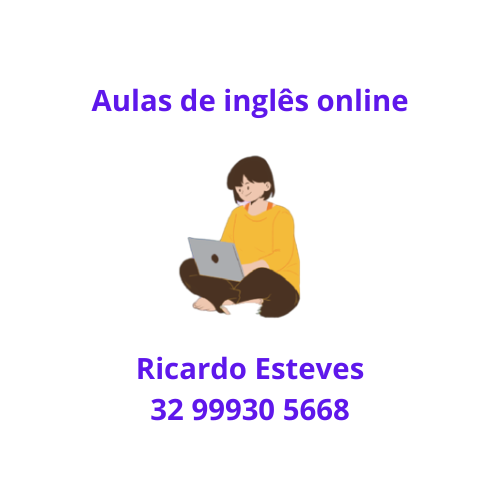Evitar comer doces
O tema deste artigo é como evitar comer doces. A importância da boa alimentação é essencial, portanto, leia atentamente cada linha deste diálogo e terá boas informações a respeito do tema. Um tópico bem legal para conversação.
Doctor: Good afternoon! How are you today?
Patient: Hi, doctor. I’ve been okay, but I’ve been having this sweet tooth lately. I can’t seem to resist desserts and sugary snacks.
Doctor: I understand. It’s quite common, but it’s important to talk about the impact of excessive sugar consumption on your health. Consuming too many sweets can lead to various health issues.
Patient: Really? I thought a little bit of sugar is okay.
Doctor: Well, moderation is key, but excessive sugar intake can contribute to weight gain, increased risk of type 2 diabetes, and dental problems. It can also lead to energy spikes and crashes, affecting your overall well-being.
Patient: I didn’t realize it could be that serious. What can I do to cut down on sugar?
Doctor: First, become aware of the sugar content in the foods you eat. Read labels and try to choose options with less added sugars. Incorporate more whole foods into your diet, like fruits, vegetables, and whole grains. Also, be mindful of sugary drinks.
Patient: I do enjoy my sodas and sweetened beverages.
Doctor: Those can contribute significantly to your daily sugar intake. Opt for water, herbal teas, or infused water with natural flavors. Cutting back on sugary drinks alone can make a big difference.
Patient: I’ll try my best. Are there any other benefits to reducing sugar intake?
Doctor: Absolutely. Lowering your sugar consumption can improve your heart health, reduce inflammation, and enhance your energy levels. It’s a positive step towards a healthier lifestyle.
Patient: Thanks, doctor. I’ll make an effort to be more mindful of my sugar intake and make healthier choices.
Doctor: That’s great to hear! I’m here to support you on your journey to better health. If you have any questions or concerns, don’t hesitate to reach out.













